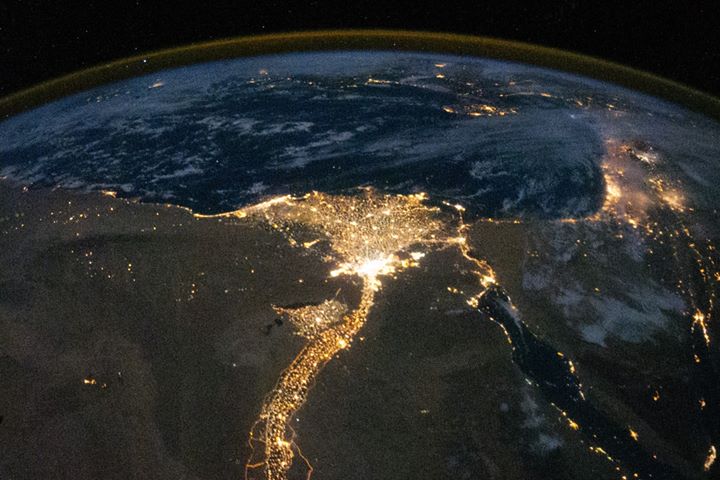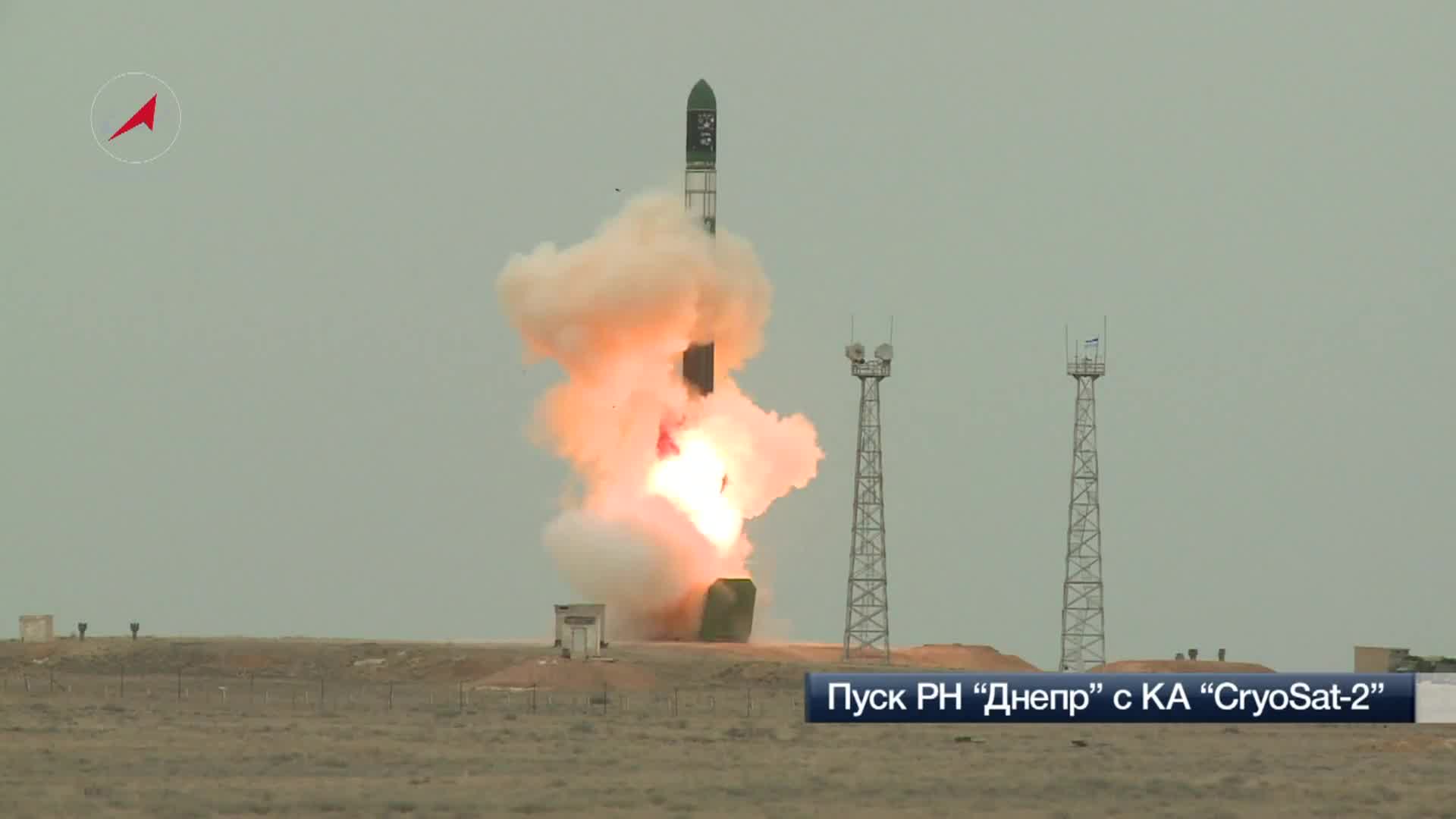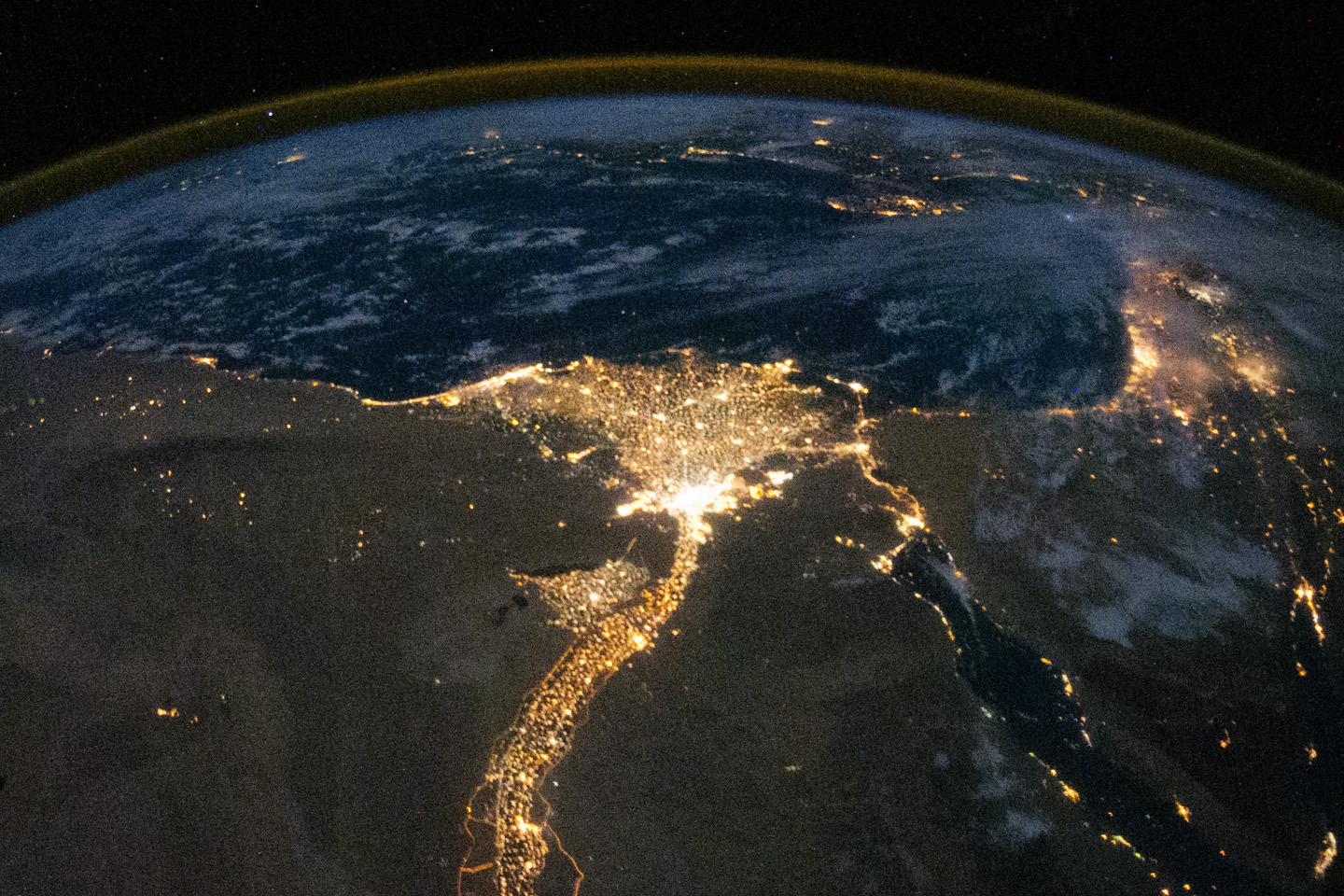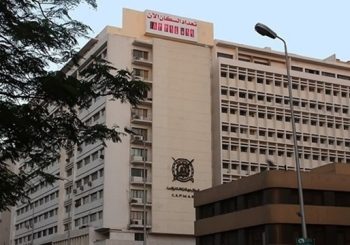Egypt is going space, and despite criticism, here is why this decision is the right one given the country’s current economic and social issues.

By Mostafa Rizk, contributor, EgyptianStreets.com
A few weeks ago when Egyptian Streets reported that the government planned to establish a national space agency in the coming months, the news was met with overwhelming cynicism and even outrage.
The knee-jerk responses to any talk of space whether on ES or other Egyptian websites is always a variation of: “We should worry about what’s on the ground before we worry about space”.
This makes sense. In a country with 40% of the populace living below the poverty line, an economy on the rocks and a serious security problem, launching projectiles into space doesn’t seem like an ideal solution to any of those things.
However, there is a lot more to the space industry than what first meets the eye and though it may appear to be the indulgent of some nerdy elitist fantasy, the primary goal of this investment is to produce technology that directly benefits Egypt’s most impoverished, and in the long run, stimulates and diversifies the nation’s economy.
What the Egyptian Space Agency will actually do
![One of Egypt's most immediate issues is shortage of water, with concerns over a potential 'water war.' [Credit: Shannon Plummer]](https://egyptianstreets.com/wp-content/uploads/2014/02/nileluxor.jpg)
A lot of the anger around this issue seems to stem from a misunderstanding of what it is this organization would do. Space usually conjures the image of astronauts and voyages to other planets but the new agency has no such plans.
In fact, when it was announced, Essam Heggy, scientific consultant to President Adly Mansour, stated that its primary purpose will be to help Egypt study and manage its natural resources using satellite data, and likely launching its own satellite. This could come in multiple forms such as monitoring fisheries, finding unknown mineral deposits and urban planning.
However, the most pressing of them all is locating groundwater. Groundwater is water that seeps below the surface (usually run-off from rivers, farmland or rainfall) and collects underground, forming vast pools that can be used as an additional water supply. This may seem redundant in the presence of the Nile, but utilizing untapped groundwater in dryer areas of the country out of the Nile’s reach could vastly increase agricultural production.
In 2001 India launched a similar initiative that used satellite data to manage water use in farming. Over 8 years, it caused crop yield to increase by 25%, irrigated area to go from 6%-14%, milk yield to increase 20%, farmer’s income to increase by 40%-80% and soil erosion to decrease by 21 cubic meters per hectare. Needless to say a project like this in Egypt could lead to a much more robust agricultural sector, a stronger economy and a decrease in poverty.
There are of course other ways of acquiring fresh water such as the desalination of seawater. However this has been shown to have various negative environmental impacts that could harm marine life and consequently the fishing industry. Furthermore, the search for supplemental water sources goes far beyond just agricultural production. In a few years time, when Ethiopia’s renaissance dam becomes operational and decreases the Nile’s flow to Egypt, finding supplemental sources of water could become a necessity.
Space and the Economy

Aside from the potential a space program has to improve resource utilization, the implications of such a program are much farther reaching. Right now, every $1 invested in NASA yields $10 of economic output for the US and this is largely because of patents.
Space is tricky and countries or businesses involved in it usually encounter a lot of tough engineering problems. Often times the solutions to these problems turn out to have applications in fields that have nothing to do with space. These solutions are patented, companies pay to use them and ultimately create very useful consumer products.
This has resulted in technologies like invisible braces, ear thermometers, smoke detectors, microchips, GPS, CAT scanners, heart pumps, robotic limbs, water purifiers…and the list goes on. In fact, so many technologies come out of NASA’s work that they publish an annual magazine called “spinoff” just to catalogue them all.
At this point in time, Egypt’s space agency will be nowhere near the level of NASA and it will not produce any revolutionary technologies overnight, but it could lay the foundation for a technology-based economy.
Sixty years ago when India established the ISRO (Indian Space Research Organization), Bangalore was farmlands and empty space but the high density of engineers working in close proximity created the perfect atmosphere for a tech hub to emerge. Today, Bangalore is the ‘Silicon Valley of India,’ and hosts many home-grown multinational companies like Infosys which has 94 development centres around the world and is valued at roughly $30.8 billion.
Given time the Egypt’s space agency could do the same, especially if it’s placed in Smart Village. A single satellite now may not be much but in a few decades as the program grows, recruits more engineers and collaborates with the private sector, that measly satellite could give us a great deal more than we thought it would.
Space is not that expensive

The best part of all of this though, is that it’s cheap enough that it won’t take much money away from other endeavours. The US spends around $18 billion a year on NASA, and India, which has a much smaller and cheaper program, spends $1.3 billion on their various space endeavours. This seems like a lot but that’s only 0.5% and 0.34% of their national budgets respectively.
For the time being, the space agency will not operate on such a large scale and only has plans to build one satellite. If EgyptSat 1 (the last satellite Egypt launched) is any indication, that should only cost the government $20 million. For scale, that is 0.17%, not of Egypt’s total budget, but of the $12 billion of aid received from Saudi Arabia and the UAE since Morsi’s ouster.
Meanwhile, the bulk of resources can, and hopefully will, go towards tackling the country’s rampant poverty. Going back again to the example of India: in an effort to curb their significant poverty rate, the Indian government passed a bill that will provide subsidized food to 800 million Indians, costing the country $20 billion a year.
At the same time, India also joined the new ‘space race’ to Mars, by sending a probe to the red planet at the cost of $73 million. Their one time expenditure on the probe was less than 0.4% of the annual budget for the aforementioned bill. So it is entirely possible to produce cutting-edge technology while working to help the less fortunate. Not only that, but in the past 20 years India has successfully brought down its poverty rate from 45% to 22%, with further investment in technology being a key part in their plans to reduce it further.
What it all comes down to

I harbour no illusion that Egypt is going to Mars any time in the near future and I am in full agreement that the eradication of poverty is the most important goal. But this idea that we have to solve every present problem before thinking about the future is ludicrous.
Given our current capabilities, poverty will never be eradicated, education will never be fixed and the economy will never grow to its full potential. We invest in science and technology and the future to improve our capabilities so that one day we can do all of those things; but if we only think about the present then we will stay in the present.
This country has thousands of scientists who want to do something for Egypt and whose job it is to think about the future and how to get us there. By all means, focus on the problems we have at hand but give them the space to do what they do best and one day, when all that’s happening now is just a distant memory, you’ll be glad that you did.







Comments (8)
[…] How Egypt’s New Space Agency Will Benefit The Poor […]
With all the satellites in orbit, surely there is one working on this programme that Egypt can tap into at reasonable costs without having to build, send to space and maintain themselves….
It’s not rocket science to utilise existing expertise when it comes to finding groundwater.